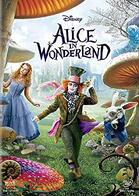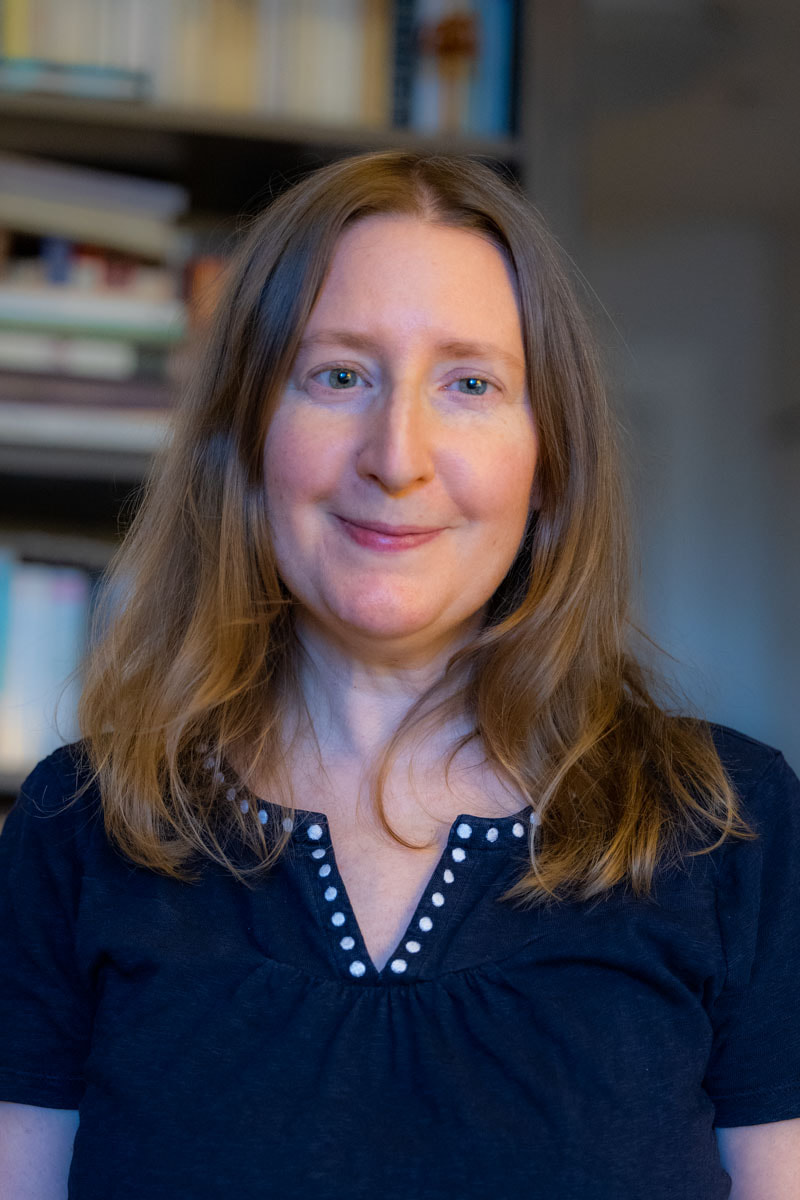|
One of the dozens of things I keep track of in feature films is the language used in reference to female characters. One of the reasons for this is that language is very revealing about filmmakers. It tells us a lot about how well or poorly they think of women. Alice in Wonderland (2010), an adventure fantasy based on Lewis Carroll’s books, boasts six named female characters that appear in more than one scene (Mia Wasikowska, Helena Bonham Carter, Anne Hathaway, Lindsay Duncan, Jemma Powell and Frances de la Tour). It is one of the biggest box office hits of the 21st century, and the screenplay was written by a woman: Linda Woolverton. In this film adaptation of Alice in Wonderland no women are referred to as honey or sweetheart (or broads, dames or chicks for that matter). No woman is called a b*tch or told to f*ck off. One of the most striking things about this visual treat, however, is the assertive language used by the protagonist, Wasikowska, the knight in shining armour who slays Jabberwocky. She says to Timothy Spall, “I make the path!” and tells him, “From the moment I fell down that rabbit hole I’ve been told what I must do and who I must be. I’ve been shrunk, stretched, scratched and stuffed in a tea pot. […] this is my dream! I’ll decide where it goes from here.” When she catches her brother-in-law being unfaithful to her sister and he says to her, “You won’t mention this to your sister, will you? […] You don’t want to ruin her marriage, do you?” she says, “Me? But I’m not the one who’s sneaking around behind her back.” This indicates disapproval of this man's behaviour. And a woman voicing disapproval of a man's behaviour in film is somewhat rare. Also, when told she is not properly dressed she says to her mother (Duncan), “Who’s to say what is proper?” This indicates disapproval of the beauty ideal imposed on women—another rarity. Moreover, she has a purpose in life besides finding a man, yet another rare progressive inclusion. She tells Duncan, “Don’t worry, mother; I’ll find something useful to do with my life” before becoming an apprentice in a shipping company and setting sail, unmarried and happy. This Alice is the type of protagonist female viewers deserve but seldom get. When women work behind the camera it makes a significant difference in terms of what a movie has to offer female viewers. I look forward to sharing my findings about the language used in mainstream movies of the 20th and 21st centuries in my upcoming film guide for women. © 2019 Alline Cormier
0 Comments
Leave a Reply. |
Categories |


 RSS Feed
RSS Feed